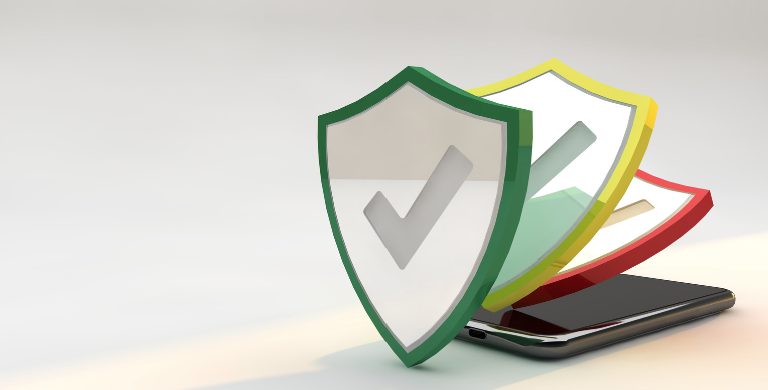INTRODUCTION
We often download apps without a second thought like if it is a new photo editor, a fun quiz, or a weather app that promises real-time updates. But behind these colorful icons and friendly notifications lies a hidden reality that many of these apps are silently tracking your data, listening to your habits, and profiling your life.
Today’s digital landscape isn’t just about convenience — it’s a battlefield for your privacy.
THE HIDDEN PRICE OF ‘FREE’ APPS
When an app is free, you are the product. From social media platforms to flashlight apps, many collect user data such as:
- Location history (even when you’re not using the app)
- Contact lists and call logs
- Microphone and camera access
- Device information and browsing behavior
This data is often sold to third-party advertisers or analytics companies, creating a detailed digital profile of who you are, where you go, and what you do.
REAL-WORLD EXAMPLES OF APP SURVEILLANCE
- Facebook & Location Tracking: Facebook has been caught collecting precise location data even when location services were turned off.
- TikTok & Clipboard Access: TikTok previously accessed users’ clipboards without consent — a potential data leak risk.
- Weather Apps: Many weather apps secretly sell geolocation data to advertisers or data brokers.
What makes this alarming is how invisible it all seems, the spying happens in the background while users scroll, chat, and shop.
WHY THIS MATTERS AND IS IMPORTANT?
Data collection may sound harmless, but it can lead to serious consequences, few are listed below:
- Targeted manipulation: Your behavior is analyzed to influence your decisions.
- Data leaks: Breaches expose sensitive data to cybercriminals.
- Loss of control: Once shared, you can’t get your information back.
Privacy is not just a personal choice anymore — it’s a matter of digital safety.
HOW TO PROTECT YOURSELF
You can’t completely avoid apps, but you can limit their access and protect your privacy:
- Review app permissions regularly (disable unnecessary ones).
- Use built-in privacy tools on Android or iOS.
- Download apps only from trusted developers.
- Keep your software updated.
- Use a VPN for additional privacy.
- Consider privacy-focused alternatives (e.g., Signal for messaging, DuckDuckGo for browsing).
CONCLUSION
Our devices have become extensions of ourselves from storing memories, messages, and even our voices. But in this connected world, awareness is your first line of defense.
The next time you install an app, pause for a moment. Ask yourself — “What am I really giving away?” Protect your data, protect your peace.
SHARE THIS ARTICLE!




